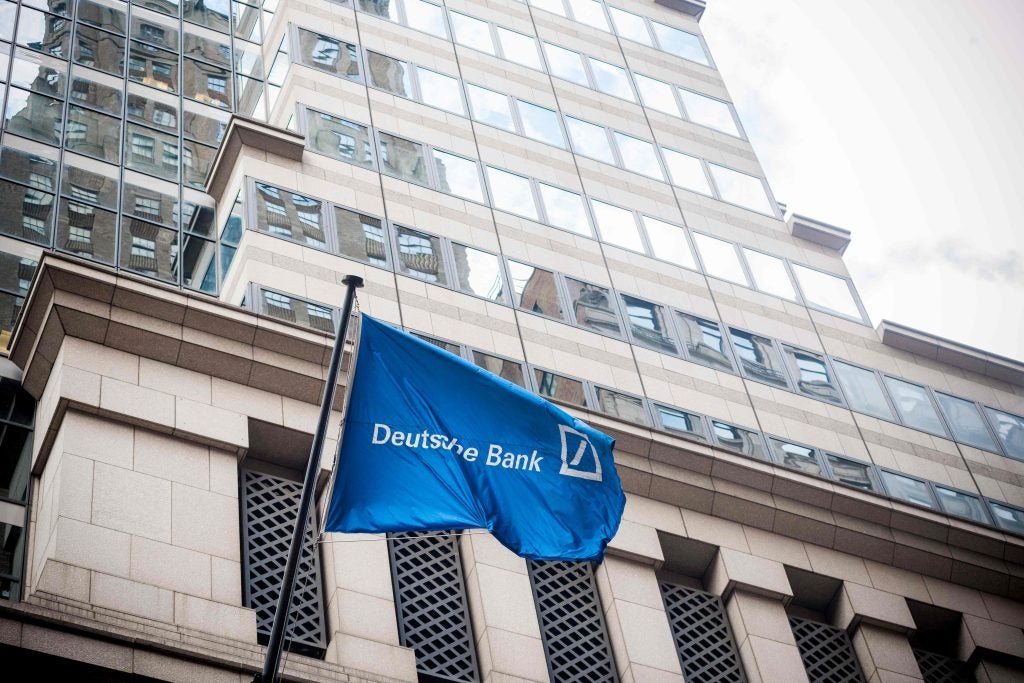China’s response to the Coronavirus outbreak centred on Wuhan risks being worse than the impact of the original outbreak. While the human impact of the virus and quarantine are tragic enough, the disruption to the economy brought on by public health measures could be quite severe. As a result, the growth of retail investments in China will be lower in 2020 – perhaps dramatically so should control measures stifle the economy further.
The cost of the Coronavirus outbreak in the Hubei province of China is already causing economists to revise down growth for 2020 for both the country and the world. Oxford Economics forecasts China’s GDP growth to fall from 6% in 2019 to 5.4% in 2020. Bank of America’s February 2020 survey of fund managers found growth revised down to 5.2%, while Deutsche Bank expects a 1.5 percentage point decline to 4.6%.
Much ink has been spilt around the impact the quarantine and control measures are having on global supply chains and consumption, particularly on spending over the important New Year period. Not necessarily top of mind for many has been the effect it will have on Chinese investment assets. A lot of big international and regional wealth managers have been hoping to cash in on rising affluence in Asia Pacific and China in particular.
Obviously a disruption on the scale of the virus and its treatment is negative for the economy, local wealth, and the plans of those aspiring to manage Chinese wealth. GlobalData has had to revise down forecasts for 2020 retail investment growth in China accordingly. Equities take the biggest hit and bonds suffer the least in terms of our neutral view of the Coronavirus’ impact. These revisions result in an expected growth rate of roughly 5.6% for the Chinese retail investment market.
This assumes the worst has already occurred, with further disruptive control measures not needed and existing measures relaxed as progress is made. Growth in retail investors’ asset values in the latter half of the year is also expected to be boosted by government stimulus, which the ruling party has proven adept at in past crises.
However, should additional large-scale containment measures be required or maintained into the second quarter of 2020 there could easily be further economic damage, with an expected downward revision again to all asset classes and with equities contracting in value. This would see growth of just 2.6% in 2020, by far the lowest increase China has seen in retail wealth since the marginal 0.9% during the financial crisis of 2008.
The number of deaths and infected has already exceeded the SARS outbreak in 2003, making the Coronavirus a serious and dangerous crisis. But the real risk to China – and by extension the world – is that the measures put in place to contain it cause a disproportionate negative economic and investment impact. Wealth managers with plans to expand in China will need to look through the weak numbers expected in 2020 and have faith in the longer-term fundamentals of the Chinese wealth story.








